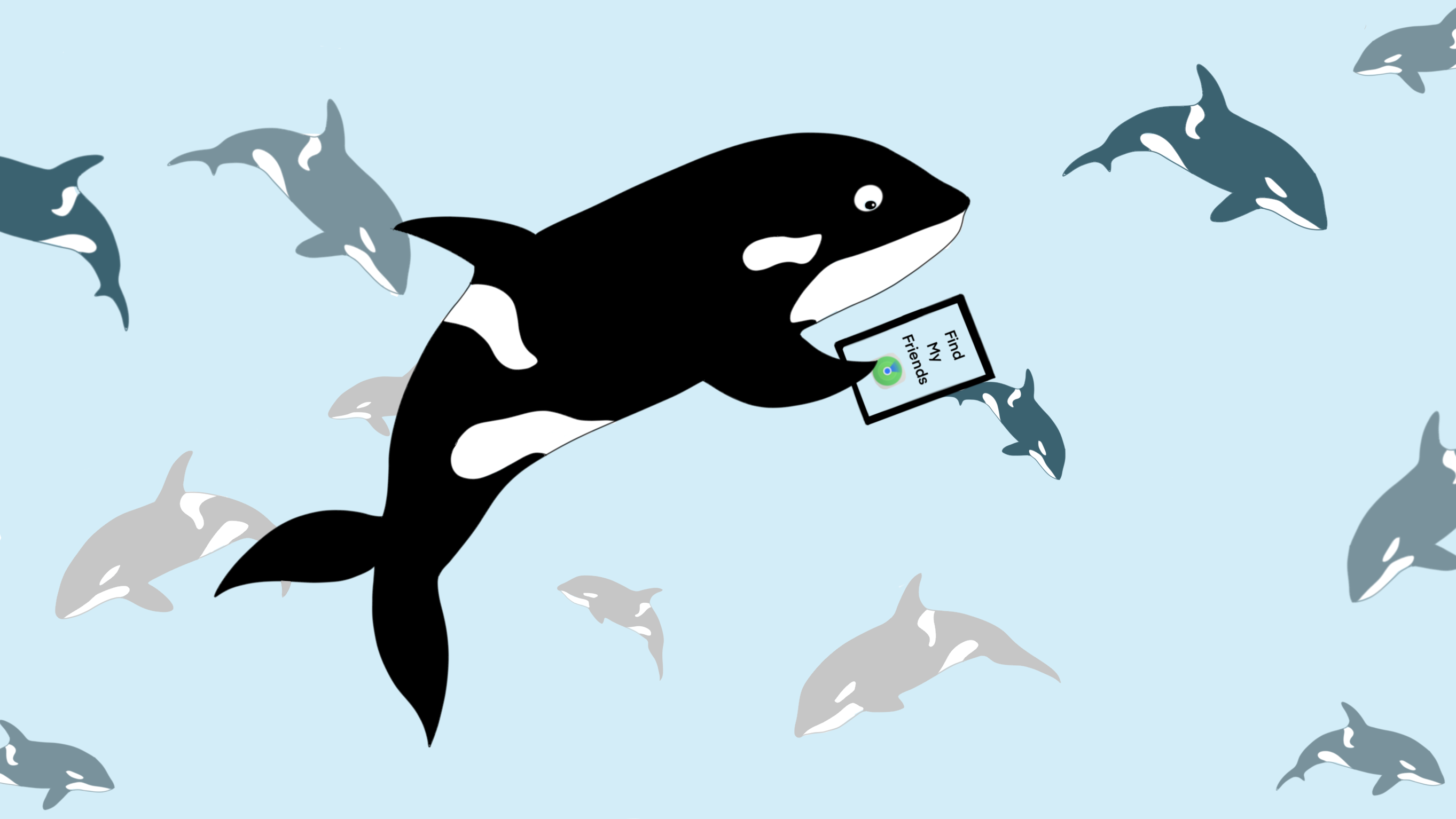For most Quebec residents, whale watching is a special occasion. For Whale Seeker, a Montreal-based artificial intelligence (AI) developer, it’s everyday business. To meet the needs of ecological research, Whale Seeker uses cutting-edge AI technologies to detect marine mammals with imaging methods that can be delivered as quickly and as easily as possible. Fast and simple whale tracking is vital to helping governments and environmental organizations develop fishing quotas and manage shipping lanes.
Co-founded by biologists Emily Charry Tissier and Bertrand Charry and software designer Antoine Gagné-Turcotte, the very heart of Whale Seeker lies in the combination of biology and AI. Tissier and Charry had previously worked together in visually analyzing images of whales for the World Wildlife Fund. Usually done by hand, this process was tedious and time-consuming. Tisser and Charry were frustrated by the lack of widely available software to make their analysis easier. Tissier met the third future co-founder and software developer Gagné-Turcotte by chance, and the three founded the company. Whale Seeker has since added five more members, including specialists in unmanned aerial vehicles, remote sensing, and water quality.
Software developed by Whale Seeker can automate the process of image filtration by searching through and identifying images that contain whales from aerial or satellite footage. Adding to this automatic image analysis and sorting, which on its own can cut weeks or months of work, Whale Seeker’s AI can also generate heat maps, along with plot data. These tools permit clients to observe patterns in whale movement, helping them create models that allow whales and humans to coexist better.
Despite these incredibly useful tools, ethics remain a major concern in AI, especially when it comes to marketing a company at the forefront of AI development. Whale Seeker maintains that their products are to be used for good.
“Whale Seeker was created to provide cutting edge solutions for detecting marine mammals from imagery, delivered as fast and easy as possible,” the company wrote in a statement on their website. “We do not support our work being used for whaling, illegal fishing, skirting other environmental laws and regulations, and other activities we perceive as going against our core values.”
The blog section of Whale Seeker’s website also includes several articles on the ethics of AI, addressing both the issues of privacy violation and inequalities in the workplace, as well as the potential benefits that AI presents. Above all, they stress the need for regulation in the world of AI development.
Whale Seeker has also made a commitment to the Sustainable Development Goals set forth by the United Nations. These include actively seeking to hire women in STEM to ensure gender equality and gender empowerment.
To create a sustainable economy, Whale Seeker dedicates much of its research to environmentally-friendly solutions that not only can solve the short-term needs of their clients but also ensure an ongoing positive impact on the natural world. Actors such as oil companies are mandated to track whales in order to regulate their environmental impact, and more efficient analysis and data plotting will make that much more effective. In keeping with their commitment to combating climate change, Whale Seeker uses drones and satellites to capture footage. Unmanned aerial vehicles like drones use fewer fossil fuels than traditional methods of data collection. Not only do methods like motor boats have higher emission levels, they can also create disturbances underwater, potentially harming marine life. Studying marine biology and ecology is key to effective climate action, and human actions above the ocean’s surface have great impacts below it.
Whale Seeker’s impact stretches beyond the immediate world of whale watching and into the larger ecosystem of marine biology and climate action in STEM research. Through custom-developed AI, Whale Seeker’s novel methods of data analysis aim to create a more equal and sustainable world.








